Predicting What a Syrian Peace Deal Would Look Like
For the first time since the Hybrid War of Terror on Syria started, the country finally appears to be nearing a “political settlement” to the conflict.
The Meaning Of True Friendship
Syria might very well see the conclusion of a formal peace deal by the end of the year, and it’s all because of President Putin’s masterful geostrategic “chess moves”. The Syrian Arab Army (SAA) and their Iranian Islamic Revolutionary Guard Corp (IRGC) & Hezbollah allies fought very hard to preserve the Syrian state up until the eve of the game-changing Russian anti-terrorist intervention in September 2015, and these ground forces have still done all the heavy lifting in liberating the majority of the country’s cities since then.
Still, had it not been for the pivotal support of the Russian Aerospace Forces, Syria might never have gotten to this point, though there wouldn’t have been a Syria for President Putin to save had it not been for Iran and Hezbollah.
Those two assisted Syria out of ideological solidarity in their shared anti-Zionist cause and also to “pay back” their close partner for the support that it gave them in the past. The SAA helped Hezbollah for over two decades during its own intervention in neighboring Lebanon, which advanced Iranian strategic objectives and also substantially served them through Damascus’ severing of an Iraqi oil pipeline to the Mediterranean during the First Gulf War (the Iran-Iraq War).
“Chess Moves”
The decision to begin the Russian anti-terrorist intervention was only the first of three major “chess moves” that President Putin made in Syria, with the second being the unveiling of a Russian-written “draft constitution” in January 2017 during the first Astana meeting (which itself was a crucial move) immediately after the Liberation of Aleppo (another important development), while the most recent one was the Putin-Netanyahu Summit that took place in Moscow on Victory Day when the “Israeli” leader was invited to be his Russian counterpart’s de-facto guest of honor.
This visit was bookended by two back-to-back bombings of Syria by “Israel” and represented the largest such attacks against the Arab Republic since the 1973 War, sending the signal that Russia is passively facilitating “Israeli” strikes against IRGC & Hezbollah forces there as part of its complex “balancing” strategy in geopolitically managing the Mideast. Realizing that his erstwhile policy of dilly dallying on making any tangible progress in implementing the Russian-written “draft constitution” and refusing to initiate the “phased withdrawal” of the IRGC and Hezbollah had backfired by putting his country in a weaker negotiating position than expected and triggering the largest-ever “Israeli” bombings in decades (that were even passively facilitated by Russia), President Assad hurried to Sochi to meet with President Putin and discuss what needs to urgently be done to change what had up until last week looked like Syria’s reversing fortunes.
The result of their extensive negotiations was that President Assad publicly announced his wholehearted support for participating in the UN-mediated process of revising his country’s constitution according to some of the suggestions put forth by the Russian-written “draft” one (as tentatively agreed during the “Syrian National Dialogue Congress” at the beginning of this year), but much more important than that was what President Putin said in stating his “assumption” that “foreign armed forces will be withdrawing from the Arab Republic”. Right afterwards, his Special Envoy to Syria, Alexander Lavrentiev, clarified that this does in fact include Iran and Hezbollah just as much as it does Turkey and the US.
The Fate Of Foreign Forces
It’s difficult to imagine how anyone could forcibly evict the US’ 2000+ troops from their 20 or so reported bases in the country’s northeast without triggering World War III, just like no one can do so with Turkey’s in Idlib and Afrin without risking the same, and neither seems likely to peacefully withdraw even though this possibility would be more probable for Ankara to ever do if it cut a deal with Moscow than for Washington. In all likelihood, the so-called “de-escalation zones” could be expanded in include the American “sphere of influence” in Syrian “Kurdistan” and then used as the basis for implementing the Russian-written “draft constitution’s” “decentralization” proposals that might ultimately end up giving these regions such a high degree of “autonomy” that they’d be “permitted” to conduct foreign military deals in “legally” “allowing” those two occupying forces to remain in order to not jeopardize the “fragile peace”.
As for the IRGC and Hezbollah, neither of them has any exclusive stake in a geographically-defined “sphere of influence” like the US and Turkey do, but a more positive difference between them is that the first-mentioned two are in Syria at the invitation of its democratically elected and legitimate government. This means that those same sovereign authorities could kindly ask them to leave now that their original anti-terrorist mission is largely over following the defeat of Daesh and the serious beginnings of the peace process in the country, seeing their allies off with pomp and ceremony after congratulating them on a mission accomplished and a job well done.
The “Phased”, But Dignified, Withdrawal
The “phased withdrawal” of the IRGC and Hezbollah under dignified circumstances is the most likely eventuality, and the odds are that both of them would actually be happy to oblige, and not just out of respect for their Syrian hosts. Hezbollah is war-weary after playing such a pivotal frontline role for over seven years, while Iran has much more important concerns to focus on nowadays than “keeping the peace” in Syria amidst the US-led Hybrid War destabilization efforts against it.
Withdrawing from Syria would allow Hezbollah to adequately prepare the Lebanese home front for another Zionist aggression while Iran could mollify some of the rising civil society unrest in its cities through a populist move by announcing that the funds that had hitherto been used for its costly peacemaking efforts in Syria would now be redirected to domestic development and sanctions relief efforts. As for both of their sworn missions in fighting Zionism, they can still continue with this campaign outside of Syria after the sobering realization that they’ve become “sitting ducks” there after President Putin gave the green light a week and a half ago to turn the Arab Republic into a large “Israeli” bombing range.
Iran and Hezbollah will not be “allowed” to fight “Israel” “to the last Syrian” through whatever plans they may or may not be hatching against it given their reported military presence near the occupied Golan Heights, and the interests of their allied host country would best be served through a “tactical retreat” from the Arab Republic that enables all three parties to rest, regroup, and reevaluate their strategies so that they can fight more effectively at another day and under better circumstances whenever a more advantageous opportunity for them arises.
So long as they’re offered the chance to leave as heroes, then Iran and Hezbollah should have no problem with this arrangement because it also satisfies their own respective self-interests like it was argued, though refusing to take this deal would just mean that President Putin would stop “restraining” his good friend Netanyahu and let him be as wild as he wants in brutally forcing these two out of the country. “Bibi” is braying for blood and the only thing holding him back is President Putin’s “goodwill assurances” on Victory Day that he would soon succeed in “convincing” President Assad to organize their dignified “phased withdrawal” in the near future and therefore avert the dangerous escalation scenario that Moscow is working so hard to prevent.
Tying Up Loose Political Ends
If everything goes according to plan, then Iran and Hezbollah could leave Syria as soon as this summer, concurrent with the UN-mediated “constitutional reform” process making progress in implementing most (but obviously not all) of the Russian-written “draft” proposals and “freezing” the Turkish and American presences in the country as part of a “cold peace”. Logically, the next step after the constitution has been changed would be to execute UNSC 2254’s other mandated “solution” of new elections, though this undefined demand doesn’t have to be for presidential ones (as President Assad will likely remain in office for a transitional period as a “figurehead” leader per prospectively agreed upon constitutional “compromises”) but parliamentary ones.
There are predictably those who might fear for President Assad’s political future, but the reality is that all players need him to remain in office no matter what they publicly say to the contrary. Without President Assad, who most of the Syrian masses sincerely respect and trust, giving his approval to this entire process, the population will not go along with it and new fault lines could suddenly emerge in society that might perpetuate the armed conflict, so that’s why the US, Turkey, and even “Israel” will implicitly agree to him remaining in office because the alternative would be to jeopardize Russia’s hard-fought “balancing” strategy of “win-win” “compromises” for everybody.
Concluding Thoughts
Conclusively, Syria is a sovereign state that ultimately makes its own decisions, even if the choices that it makes have been heavily influenced by the geostrategic situation that others (especially Russia) have shaped, and President Assad’s presence at his Russian counterpart’s side when the latter spoke about the withdrawal of all foreign armed forces from the Arab Republic is the strongest sign yet that Damascus silently agrees with Moscow’s proposal and is implementing this very sensitive move behind the scenes together with its two Iranian and Hezbollah allies. Once their prospective “phased withdrawal” is completed, then the immediate conventional “Israeli” military threat to Syria will diminish as per the “balancing” understanding reached between President Putin and Netanyahu during their Victory Day Summit, with this occurring together with political advances being made in the UN-mediated “constitutional reform” process and the larger peace more generally.
There is no “perfect solution” to the Hybrid War of Terror on Syria and “maximalist” outcomes — no matter how legitimate they are in the sense of Syria having the sovereign and legal right to liberate “every inch” of its territory like President Assad promised — are impossible to pull off without risking another war, so that’s why Russia is leveraging its key role in the country to “balance” all actors and get them to enact “win-win” “compromises” and “freeze” the most contentious issues (the US and Turkish occupations) until an undefined later date. The priority right now is peace and then reconstruction, and all players — including Iran — will partake in the latter as the entire world marshals support for this gargantuan effort, albeit likely focusing their investments in certain “spheres of influence” such as the Gulf States getting involved in American-occupied Syrian “Kurdistan” while China chooses to do business in the rest of de-facto “rump Syria” that was freed by the SAA, for example.
Peace is veritably on the horizon, but it wouldn’t have been possible had the IRGC and Hezbollah not aided their SAA allies in preserving the state long enough for Russia’s 2015 anti-terrorist intervention to have made the decisive difference that it did, after which “chess grandmaster” President Putin pulled off a dizzying array of diplomatic “balancing” moves designed to make Russia the supreme arbiter of Mideastern affairs and ultimately the main reason why peace has never looked so promising.

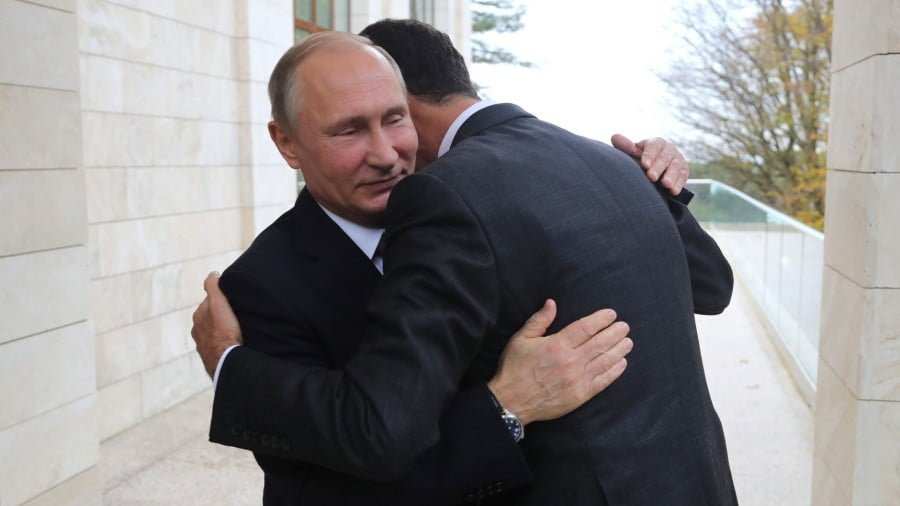
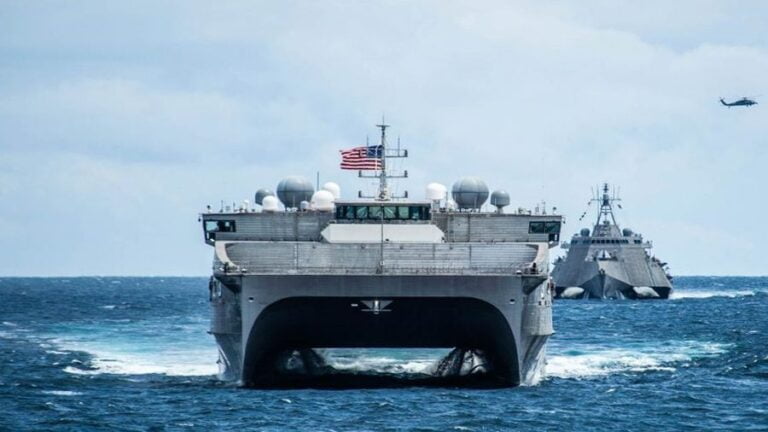
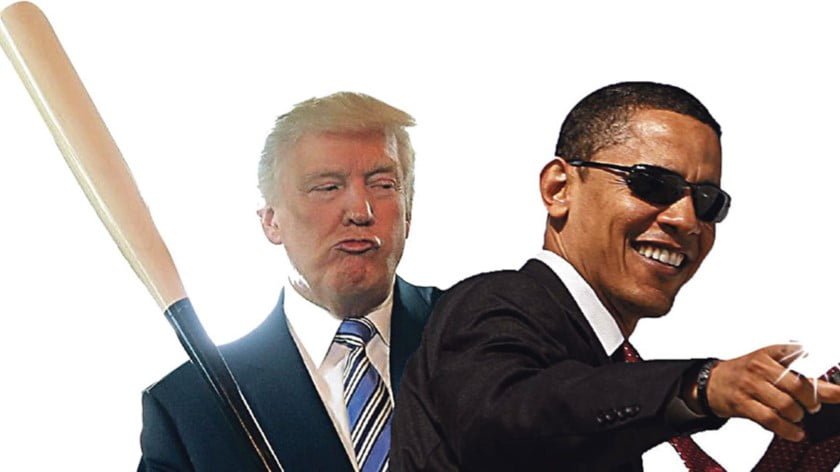
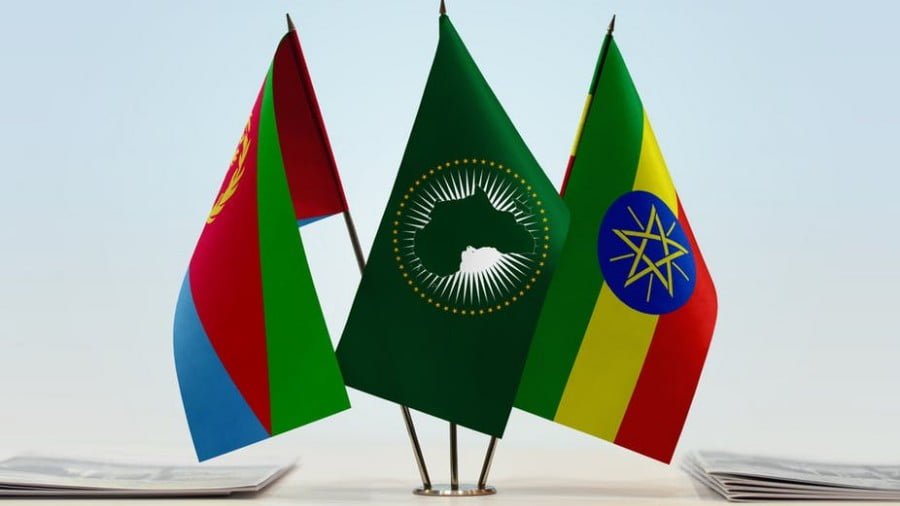
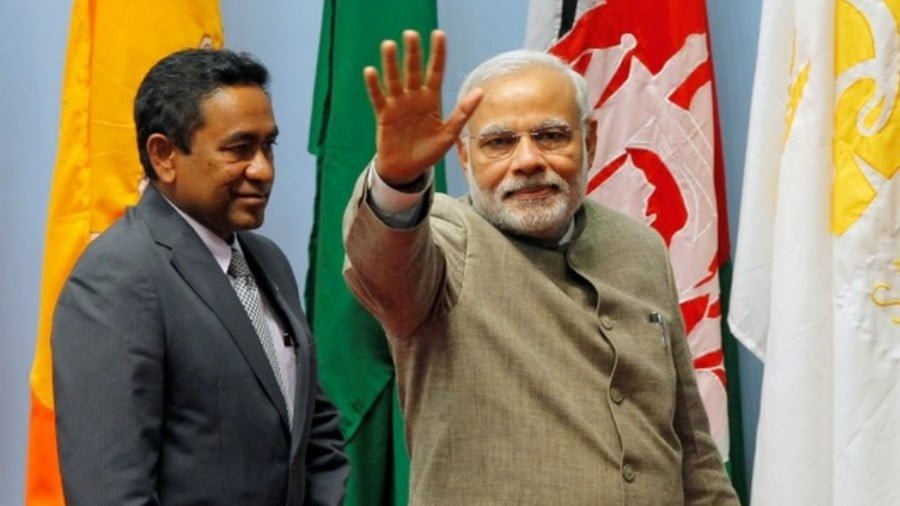


The population would gain a lot from the end of the war. It’s a lot of suffering for a people